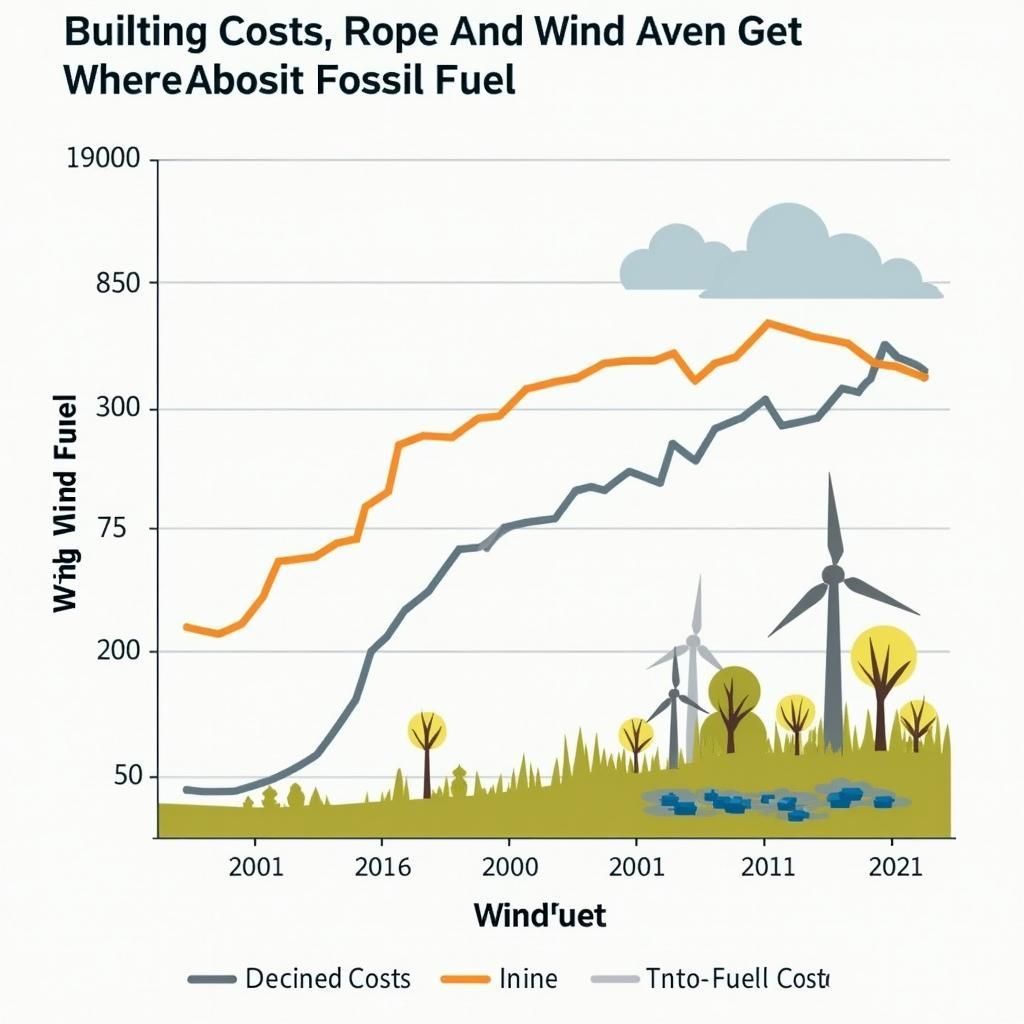The topic of clean energy adoption challenges frequently appears in IELTS Writing Task 2, particularly in the past 2 years, reflecting growing global environmental concerns. Based on analysis of recent IELTS exam patterns, this theme has appeared in approximately 15% of tests, often framed as discussion or argument essays.
Nội dung bài viết
 Clean energy adoption challenges and their impact on global sustainability
Clean energy adoption challenges and their impact on global sustainability
Analysis of Common Question Types
Let’s examine one of the most representative questions:
Some people believe that the high costs of transitioning to clean energy sources make it impractical for many countries. To what extent do you agree or disagree with this statement?
This question tests candidates’ ability to evaluate economic factors against environmental benefits while considering challenges in transitioning to a green economy.
Band 9 Sample Essay
Climate change mitigation through clean energy adoption is arguably one of the most pressing challenges facing our world today. While the initial investment required for renewable energy infrastructure is substantial, I strongly disagree that these costs make the transition impractical, as the long-term benefits far outweigh the short-term financial burden.
The importance of promoting renewable energy in developing nations cannot be overstated. Firstly, the cost of renewable technologies has decreased dramatically over the past decade, making them increasingly competitive with fossil fuels. Solar panel prices, for instance, have fallen by 80% since 2010, while wind turbine efficiency has improved significantly. Furthermore, the economic benefits of clean energy extend beyond mere power generation, creating new jobs and reducing healthcare costs associated with pollution-related illnesses.
Moreover, the benefits of renewable energy in reducing pollution demonstrate that inaction would be far more expensive in the long run. Climate-related disasters, rising sea levels, and extreme weather events pose enormous economic risks that far exceed the costs of transitioning to clean energy. Additionally, countries that invest in renewable infrastructure now will gain competitive advantages in the growing green technology sector.
In conclusion, while the initial investment in clean energy infrastructure is significant, characterizing it as impractical overlooks both the declining costs of renewable technologies and the devastating economic consequences of continued fossil fuel dependence. Governments must prioritize this transition despite short-term financial challenges.
 Economic analysis of renewable energy adoption showing declining costs and increasing benefits
Economic analysis of renewable energy adoption showing declining costs and increasing benefits
Band 7 Sample Essay
The worldwide transition to clean energy sources requires substantial financial investment, leading some to question its practicality. However, I disagree with the view that high costs make this transition unfeasible.
One primary reason why the cost argument is flawed is that renewable energy technology is becoming increasingly affordable. Solar panels and wind turbines are now significantly cheaper than they were a decade ago, making them competitive with traditional energy sources. Additionally, many countries offer financial incentives and subsidies to encourage clean energy adoption, reducing the burden on businesses and individuals.
Furthermore, the environmental and health benefits of clean energy make it a worthwhile investment. Air pollution from fossil fuels causes numerous health problems, resulting in high healthcare costs and reduced productivity. How to reduce air pollution through renewable energy adoption has been well-documented, showing clear economic benefits in the long term.
In conclusion, while the initial costs of clean energy adoption are significant, they should not be seen as a barrier to implementation. The combination of declining technology costs and long-term benefits makes this transition both necessary and practical.
Key Vocabulary
- mitigation (n) /ˌmɪtɪˈɡeɪʃən/ – the action of reducing the severity of something
- infrastructure (n) /ˈɪnfrəstrʌktʃər/ – basic physical structures needed for operation
- renewable (adj) /rɪˈnjuːəbəl/ – naturally replenishing
- competitive (adj) /kəmˈpetətɪv/ – as good as or better than others
- transition (n) /trænˈzɪʃən/ – the process of changing from one state to another
High-Scoring Sentence Patterns
- Complex Contrast: “While the initial investment required for renewable energy infrastructure is substantial, the long-term benefits far outweigh the short-term financial burden.”
- Causative Structure: “Climate-related disasters, rising sea levels, and extreme weather events pose enormous economic risks that far exceed the costs of transitioning to clean energy.”
- Double Comparative: “The more countries invest in renewable infrastructure now, the better positioned they will be to compete in the future green economy.”
Consider practicing by writing your own essay on this topic and sharing it in the comments section below for feedback and discussion.


